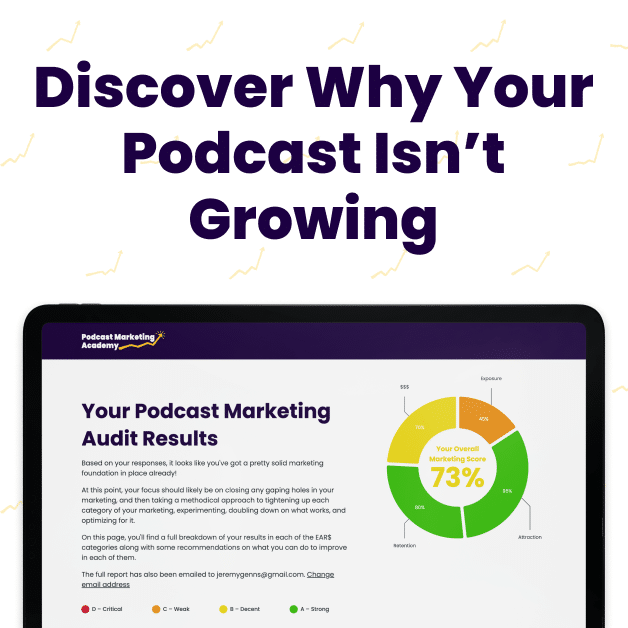When I was in high school, my parents regularly nagged me about the importance of starting to invest for retirement early.
Even $50 per month would be worthwhile, they said, and would go a long way toward building the habit of investing as I started working and could contribute more.
So, of course, after listening to their repeated advice for years, I did what any high school kid would do.
I ignored them.
I told myself that I could start by the time I was 20, when I would surely have more disposable income, and I’d still be ahead of the game.
When I hit 20, I pushed that start date back to 25. Surely then I’d have the extra cash, right?
You can guess what happened when I hit 25 and still didn’t see all that surplus cash lying around waiting to be invested.
It wasn’t until my late twenties that I got serious about investing and committed to putting away even small amounts towards a retirement fund.
A big part of the shift for me was actually learning the math behind the concept of compounding returns.
Based on a compounding return, if you invested $50/mo into the stock market for 40 years (a total investment of $24,000), you’d end up with just under $175,000*.
Pretty crazy, right?
* At the historic 8% avg returns of the S&P 500.
To me, the most interesting thing about this math isn’t the resulting total amount, however.
It’s the fact that for the first twenty years, the gains are fairly modest. Continue investing consistently, however, and the returns become more and more significant.
Invest long enough, and they become outright shocking.
The principle of compounding returns is the reason Warren Buffett has accumulated more than 97% of his wealth after he turned 65.
Podcast growth, it turns out, is also built on the concept of compound returns.
Many podcast creators produce their shows for a year or more and only manage to build small audiences.
Looking back at all the effort they’ve put into creating their shows, they determine the returns simply aren’t worth the effort they’ve invested, and decide to shift their focus elsewhere.
The heartbreaking thing about this common scenario is that every content platform is built on compounding returns and by leaving podcasting for another marketing channel, they’re simply restarting the clock at zero.
The thing about podcasting is that it’s an investment.
As with every investment, the whole point is not to reap returns now, but put in the time, effort, and money now that will lead to exponentially greater returns in the future.
Every successful podcaster I know has spent a year or two in investment mode, putting her head down, doing the work, serving her audience and expecting little if anything in return.
As she continues to invest, however, and passes the two, three, four, or even five-plus year marks of consistently producing her shows, the returns begin to flow in.
Then they begin to waterfall.
This is what growing a podcast really looks like.
I like to say that you can podcast for a year and it will feel like a massive waste of time. Podcast for three years and it will completely change your life.
Put in the time.
Show up consistently.
Don’t get discouraged early on when no one shows up. That’s how this is supposed to go.
Keep producing, keep experimenting, keep consistently feeding your flywheel and the results will come.
Understand that this is a long game, and one of the greatest gifts you can give yourself is to make the small investments now, even when they don’t feel like they’re worth it, in order to reap massive returns in the future.





